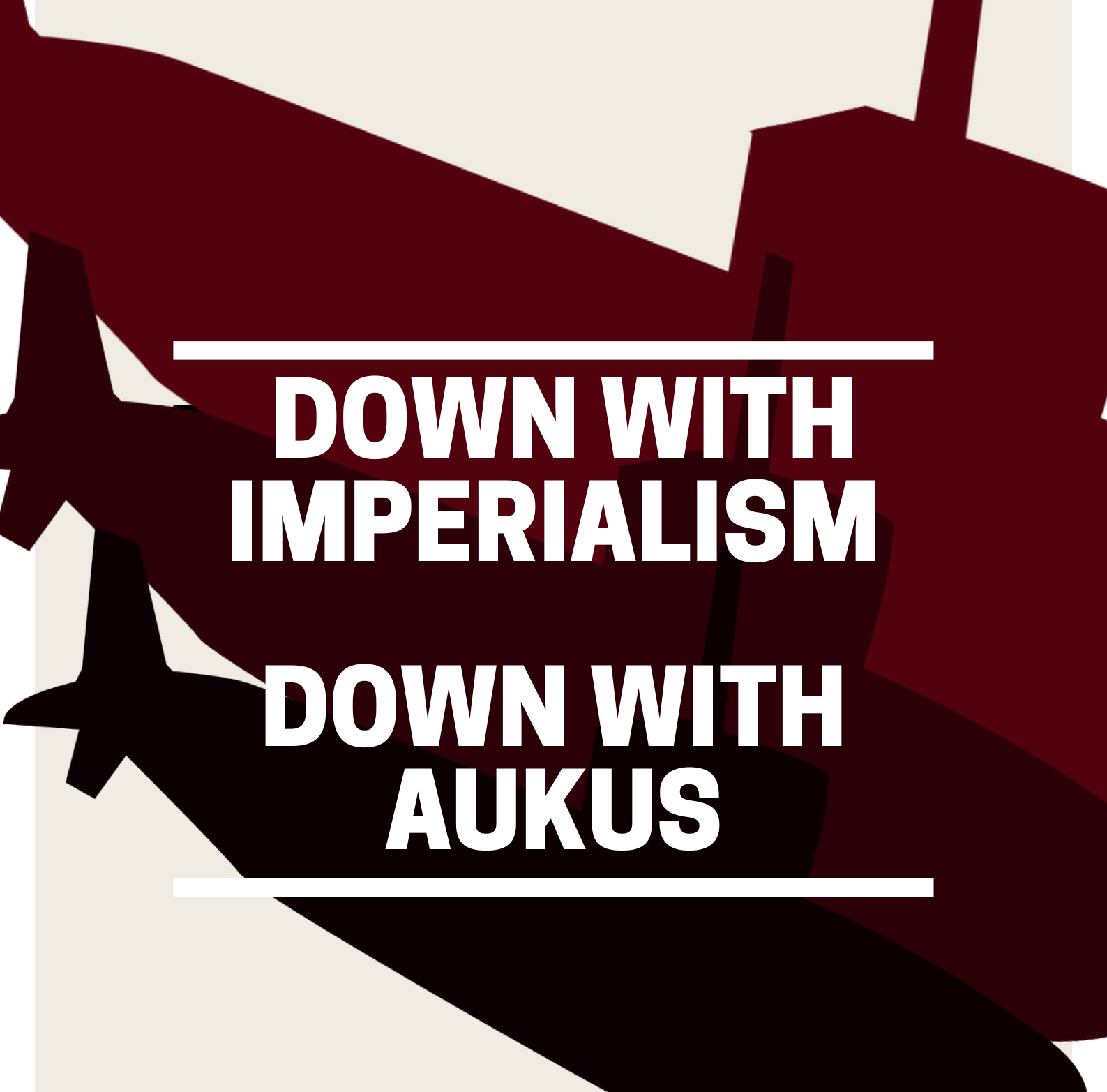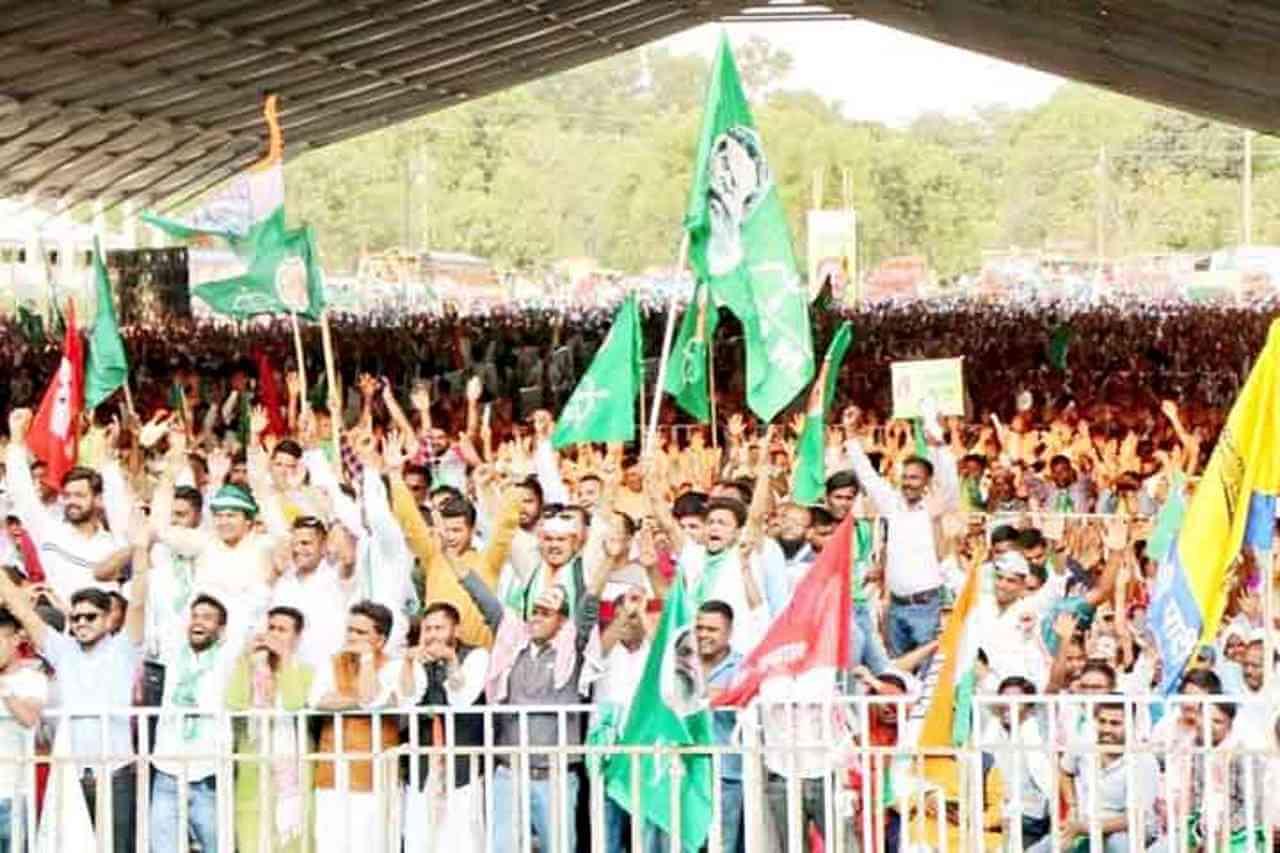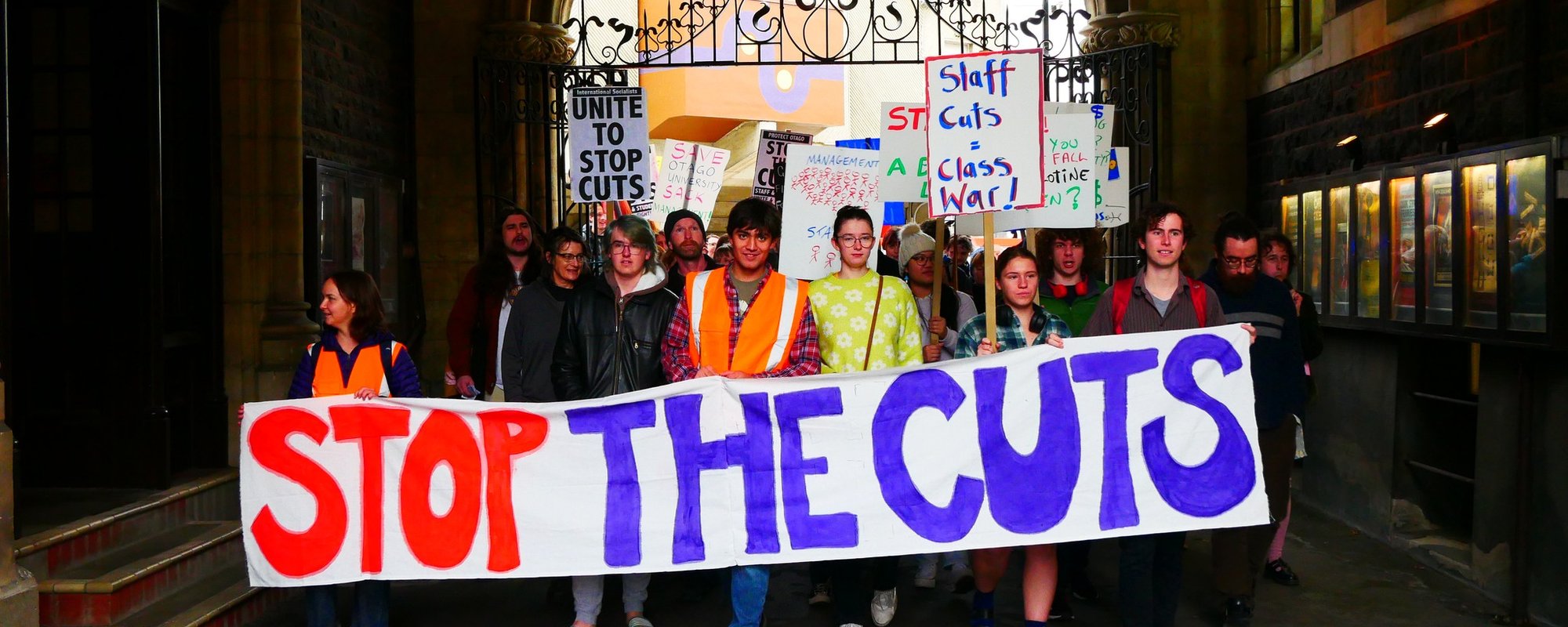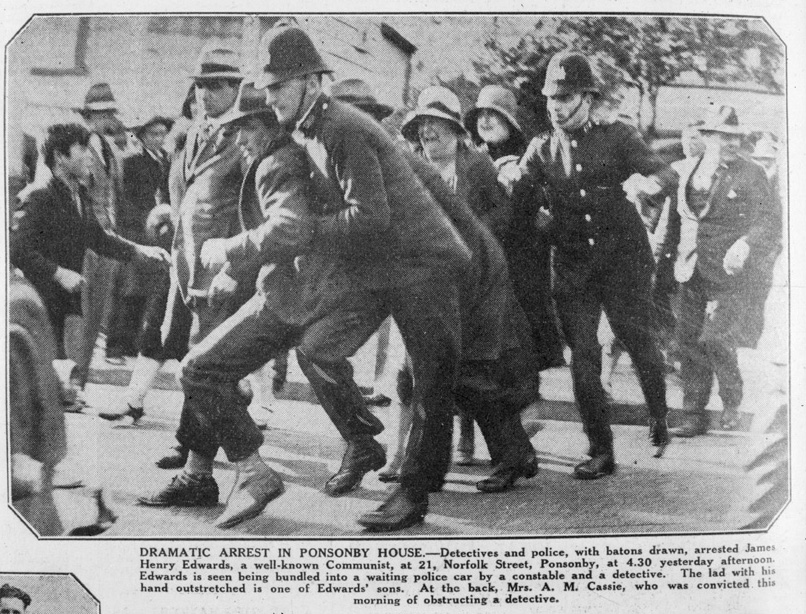Palestinian unions are urging global unions to show solidarity and refuse to support the ongoing destruction in Gaza, including hospitals, ambulances, and refugee centres. Calling on unions internationally:
- To refuse to build weapons destined for Israel.
- To refuse to transport weapons to Israel.
- To pass motions in their trade union to this effect.
- To take action against complicit companies involved in implementing Israel’s brutal and illegal siege, especially if they have contracts with your institution.
- Pressure governments to stop all military trade with Israel, and in the case of the US, funding to it.
Unions worldwide have responded differently, from urging a ceasefire to blocking shipments at unionised ports.
Here in Aotearoa, the Council of Trade Unions has affirmed their solidarity with the Palestinian people and the calls of the Palestinian trade unions, asking the New Zealand government to end all trade with Israeli products that are produced in or aid in Israeli-occupied Palestine territories, and revoking the credentials of the Israeli ambassador.
Healthcare workers around the world have also rallied to support Palestine. Inspired by the healthcare workers in the UK in particular, healthcare workers in Aotearoa have recently held a vigil outside hospitals in Auckland and Wellington to show their solidarity with Palestine.
Solidarity with Palestine grows as unions worldwide issue statements and demand a permanent ceasefire. From the Irish Congress of Unions, United Auto Workers in the USA, The National Confederation of Trade Unions (Zenroren, 全労連) in Japan, to the National Trade Union Initiative in India, as well as the International Trade Union Federation, which has 227 affiliated organisations from 167 countries. Workers internationally have resonated with the Palestinian struggle and demand more from their government and spread awareness about the atrocities that are still unfolding in Gaza.
In the wake of October 7, Israel suspended the work permits of up to 110,000 Palestinians, imprisoning without trial many of them for days and sending them to walk back to Palestine with nothing but their clothes; multiple people suffered bruises from interrogation and several died on the way back. However, Israeli capitalism currently relies on this supply of insecure labour, and the Israeli construction sector has asked its government to replace 90,000 Palestinian work permits with 100,000 Indian labourers in what would be the largest replacement of workers in modern history. The Construction Workers, Federation of India objects to “any attempt to send the poor construction workers of our country to Israel to overcome its shortage of workers and in any way support its genocidal attacks on Palestine killing thousands of innocent people including children and women,” and asks the Indian government to not go through any such deals.
However, the strength of a union comes in its ability to withhold labour; to withhold the profits of the capitalists until the workers’ demands are met. Unions globally have been doing just that with Belgium airport and seaport unions declaring that they are not going to handle shipments of Israeli weapons, vowing to strand any planes or ships carrying military equipment to Israel going through Belgium ports.
The Maritime Union of Australia have helped protest the Israeli ZIM shipping line, which is known to transfer weapons to Israel, organised by Trade Unionists for Palestine, which prevented a ship from docking on November 8th. The same ZIM shipping line was blocked in Genoa, Italy on November 10th by dockworkers of the Union Sindacato di Base (USB) who say “Governi complici dei massacri, fermiamo la lobby delle armi” (Governments complicit in massacres, let’s stop the arm’s lobby), “noi siamo sempre dalla parte delle popolazioni oppresse e dei civili che restano vittime di chi per motivi economici sostiene l’industria delle armi e alimenta guerre sempre più pericolose” (we are always on the side of the oppressed and of the civilians who become victims of those who, for economic reasons, support the arms industry and fuels increasingly dangerous wars.) The same ship was blocked a week later on November 17th at a different port, the port of Salerno by workers of the same union.
Workers from USB have a history of pro-Palestinian action. In 2021 workers in Livorno, Italy, refused to load a shipment after it was discovered that it was military equipment heading for Israel. “The port of Livorno will not be an accomplice in the massacre of the Palestinian people.”
The Organización de Estibadores Portuarios de Barcelona, which all port workers of the port of Barcelona are a part of, is refusing to load, unload, or perform any tasks on any ships containing weapons. They say they have made this decision to protect any civilian population of any territory, to uphold human rights which they say is being disregarded in Ukraine, Israel and Palestine.
In Kent, England, there was a blockade of the Elbit Systems factory on October 26th by Workers for Palestine, a group of trade unionists and activists. The Israeli weapons company Elbit Systems was blocked for several hours, and the same group on November 10th blocked the gates of BAE Systems, a British military company that supplies parts for F-35 bomber planes, of which many are deployed in Gaza.
These actions are not new methods to halt reactionary, apartheid, and fascist governments; both internal and international solidarity strikes along with the co-ordinated boycott campaign were vital in bringing the South African apartheid regime to its knees in the 1970s and 80s. However, we know that these campaigns are long-term efforts, like the Dunnes store workers in Dublin who went on strike for three years until Ireland banned importing apartheid South African goods. These statements and strikes by unions since the recent assault on Gaza are just the beginning. It will take long term solidarity and union action to halt the Israeli war machine completely.
Trade unions must always stand on the side of the oppressed, as workers’ liberation is tied up with the liberation of all people, as the Palestinian trade unions have said: ‘We ask you to speak out and take action in the face of injustice as trade unions have done historically. We make this call in the belief that the struggle for Palestinian justice and liberation is not only a regionally and globally determined struggle. It is a lever for the liberation of all dispossessed and exploited people of the world.’








